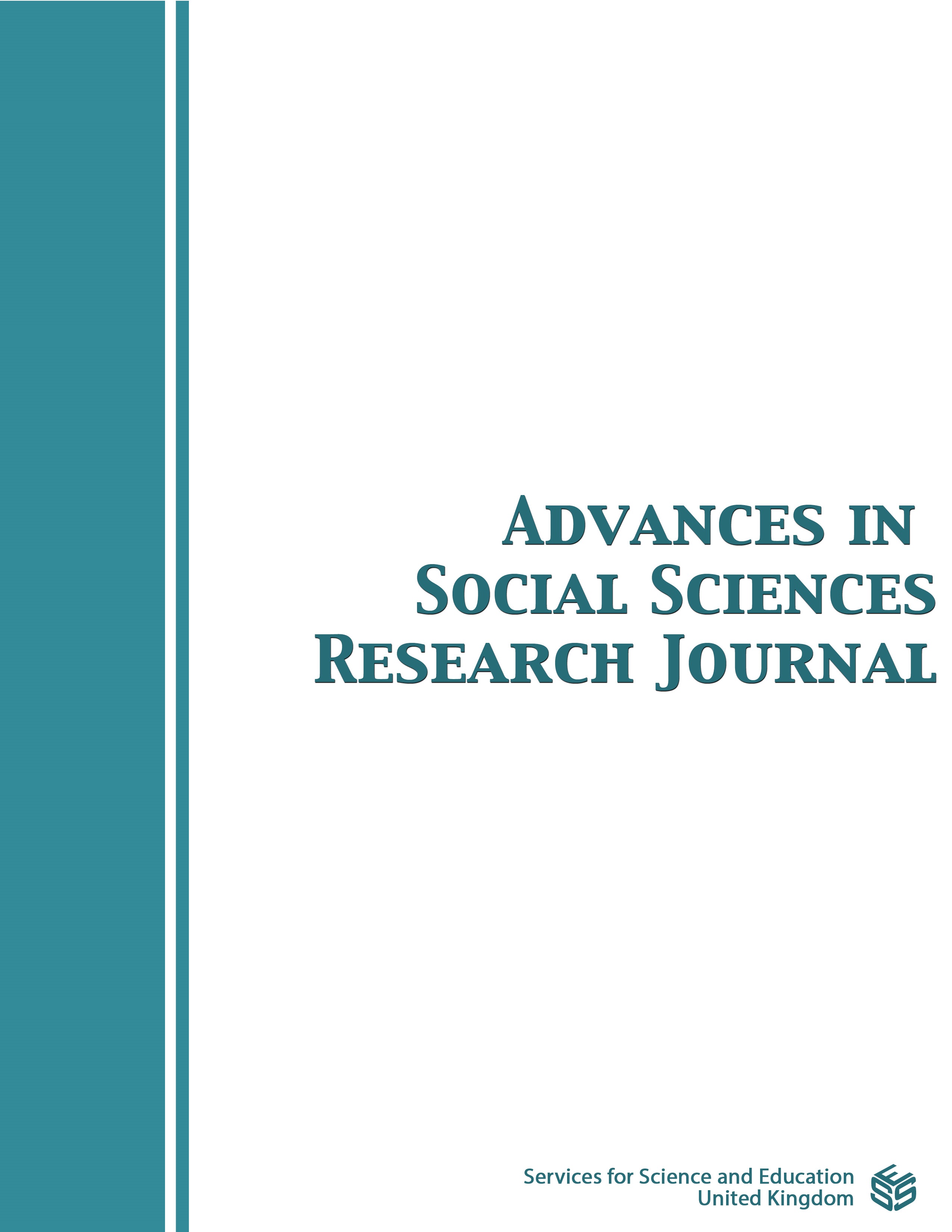Cluster analysis to profile socioeconomically disadvantaged students and their impact on academic performance
DOI:
https://doi.org/10.14738/assrj.93.12060Keywords:
Malays, low performing community, cluster analysisAbstract
Several studies have highlighted the underperformance of the Malay community in Singapore. This community had not progressed as well as the other ethnic groups in both socio-economic terms as well as in their academic performances Their academic performances in milestone educational examinations are below national rates. A tuition scheme organised by a Malay community social service group, was established to support the Malay students learning. This paper reports the findings of a cluster analysis that was used to explore how the students’ profile is associated with their academic performance. This study is part of a wider project that employed analytics to generate insights to improve the teaching and learning of socioeconomically disadvantaged Malay students.
References
Ali, F. Gaps in educational outcomes: analysing national examination performance of Singaporean Malay and non-Malay students in the past 20 years. Asia Pacific Journal of Education, 2016. 36(4), 473-487.
Asiaone News. PM Lee’s speech at Mendaki’s 25th anniversary dinner and awards presentation. (2007, September 2).
Bacher, J., Wenzig, K., & Vogler, M. SPSS TwoStep Cluster-a first evaluation. Lehrstuhl für Soziologie Berlin. DE. Amsterdam, 2004.
Bektas-Cetinkaya, Y. & Oruc, N. Effects of socioeconomic status and physical learning environment on motivation of university students. European Journal of Social Sciences, 2011. 21(1): p. 71-79.
Benner, A. D., Boyle, A. E., & Sadler, S. Parental involvement and adolescents’ educational success: The roles of prior achievement and socioeconomic status. Journal of youth and adolescence, 2016. 45(6): p.1053-1064.
Cheung, P. Income growth and redistribution in Singapore: Issues and challenges. Singapore Perspectives 2012: Singapore Inclusive: Bridging Divides, 2013. p. 7-22.
Department of Statistics, Singapore. Yearbook of Statistics, 2019.
Jin X. & Han J. K-Means Clustering. Encyclopedia of Machine Learning. Springer, Boston, MA, 2011.
Jorda, E. R. & Raqueno, A. R. Predictive Model for the Academic Performance of the Engineering Students Using CHAID and C5.0 Algorithms. International Journal of Engineering Research & Technology, 2019. p. 917–928.
Kass, G. An exploratory technique for investigating large quantities of categorical data. Applied Statistics, 1980. 29(2): p. 119–127.
Li, Z. & Qiu, Z. How does family background affect children’s educational achievement? Evidence from Contemporary China. The Journal of Chinese Sociology, 2018. p. 5-13.
Ministry of Education. Release of 10-Year Trend of Educational Performance 2006 – 2015, 2016.
Nath, S. R. Factors influencing primary students' learning achievement in Bangladesh. Research in Education, 2012. 88(1): p. 50-63.
Organisation for Economic Co-operation and Development. Students’ socio-economic status and performance. PISA 2018 Results (Volume II), 2019.
Ready, D. D. Socioeconomic disadvantage, school attendance, and early cognitive development: The differential effects of school exposure. Sociology of Education, 2010. 83(4): p. 271-286.
Shawkat Ali, A. B. M. & Wasimi, S. A. Chapter 8: The Clustering Task. In Data Mining: Methods and Techniques. Cengage Learning India, 2007. p. 196–216.
Shirkhorshidi, A. S., Aghabozorgi, S., & Wah, T. Y. A Comparison Study on Similarity and Dissimilarity Measures in Clustering Continuous Data. PloS one, 2015. 10(12), e01440
Snyder, T. D., Dillow, S. A., & Hoffman, C. M. Digest of Education Statistics, 2008. NCES 2009-020. National Center for Education Statistics, 2009.
Tan, C. Narrowing the gap: The educational achievements of the Malay community in Singapore. Intercultural Education, 2007. 18(1), p. 53-64.
Tan, C., & Hairon, S. Negotiating the school curriculum for the Malay Muslims in Singapore. In International Handbook of Migration, Minorities and Education. Springer, Dordrecht, 2012. p. 543-558.
Tsai, M., & Liu, F. Multigroup Structural Equation Approach: Examing the Relationship among Family Socioeconomic Status, Parent-Child Interaction, and Academic Achievement Using TASA Samples. International Journal of Intelligent Technologies and Applied Statistics, 2013. 6: p. 353-373.
Wall, C. & Musetti, B. Beyond Teaching English: Embracing a Holistic Approach to Supporting English Learner Students and Their Families. CATESOL Journal, 2018. 30(2): p. 1-18.
Younas, M. et al. Effect of Home Environment on Students' Academic Achievements at Higher Level. Elementary Education Online, 2020. 19(3): p. 3931-3947
Zhang, J. Debunking the myth of the lazy Malays. Mendaki Occasional Paper Series, 1, 2014.
Downloads
Published
How to Cite
Issue
Section
License
Copyright (c) 2022 JiZhi Li, Sylvia Chong

This work is licensed under a Creative Commons Attribution 4.0 International License.
Authors wishing to include figures, tables, or text passages that have already been published elsewhere are required to obtain permission from the copyright owner(s) for both the print and online format and to include evidence that such permission has been granted when submitting their papers. Any material received without such evidence will be assumed to originate from the authors.






